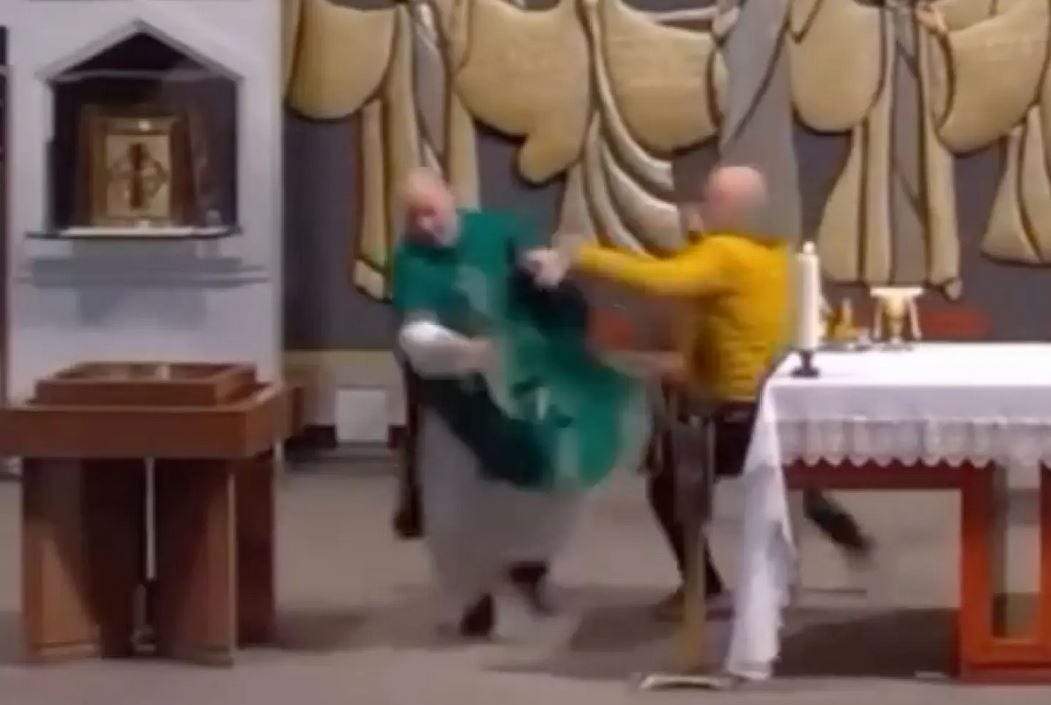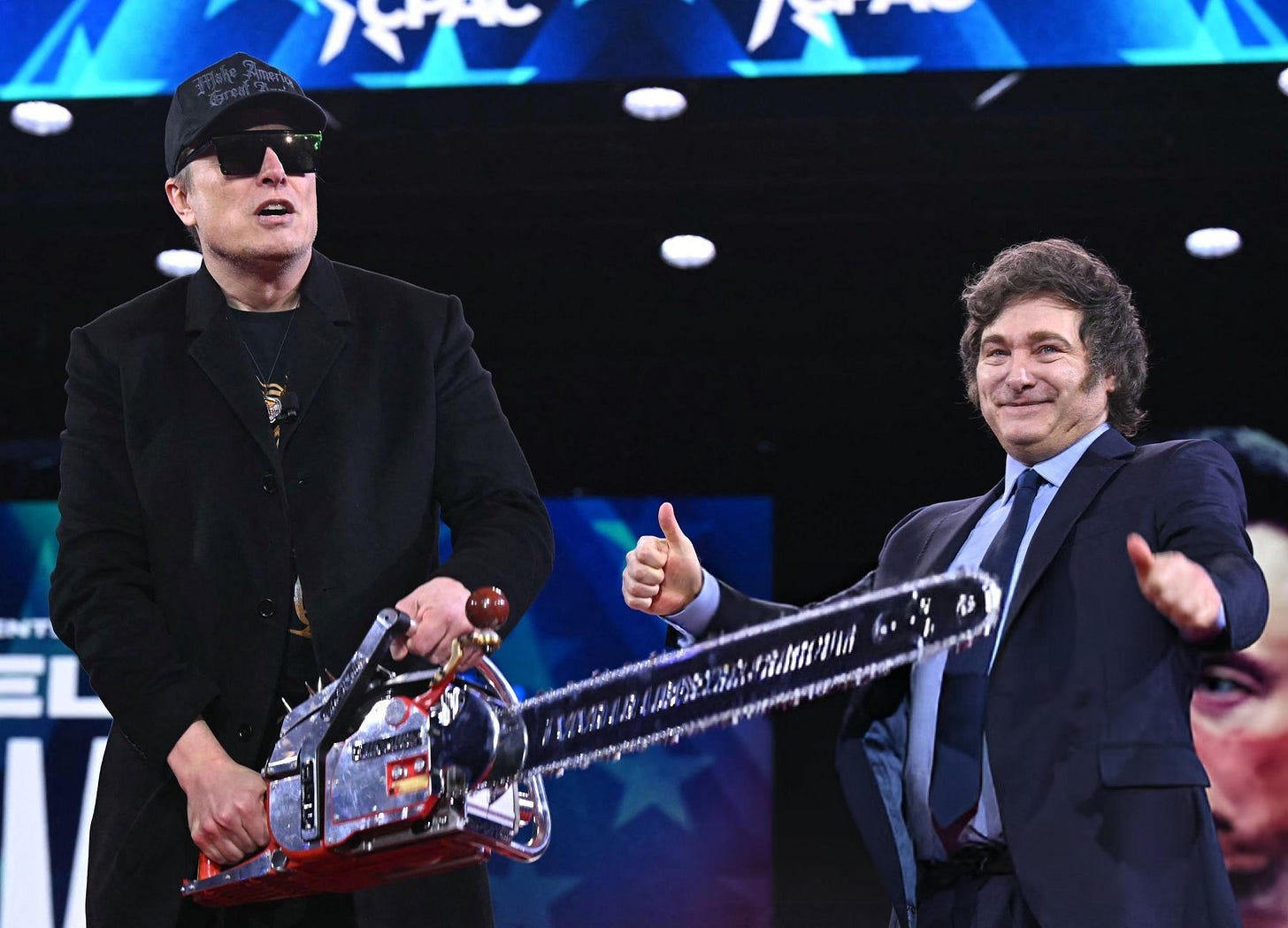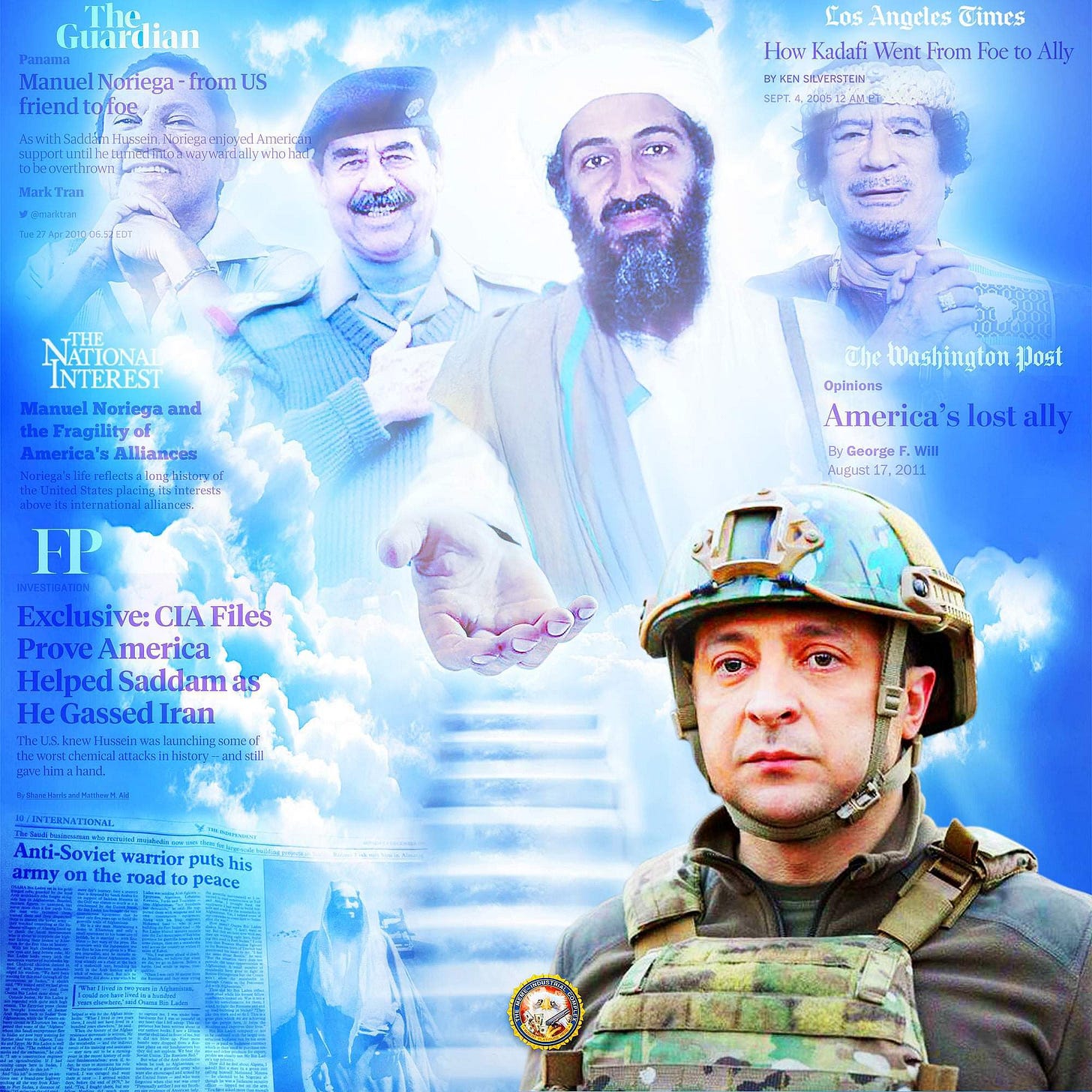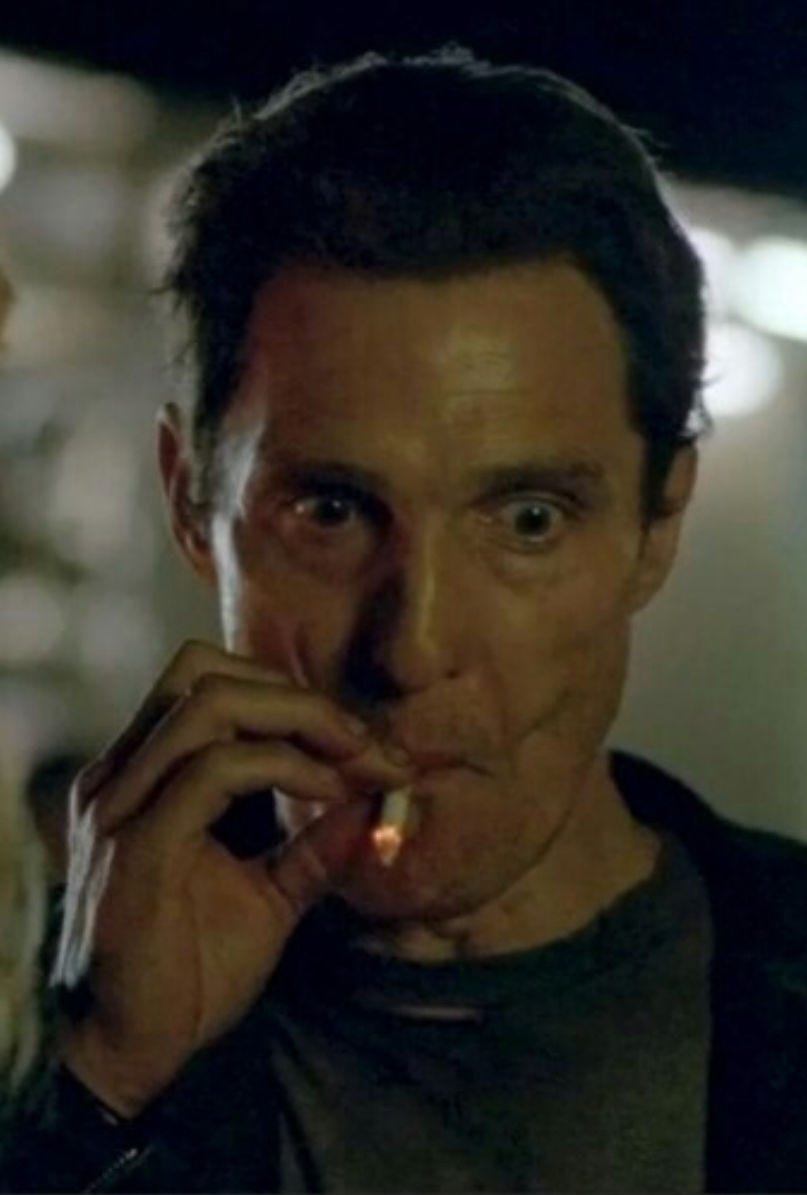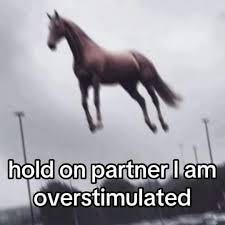New dispatches, curated and written by David Leo Rice and Paul K, are released on the first of every month throughout 2025.
Check out our podcast: WAKE ISLAND—a conversation series exploring the darkening undercurrents of contemporary culture. 🕳️🐇
February 1. Nothing, merely tired. - Kafka
Feb. 1: Released Audio Reveals Air Traffic Control’s Final Attempts to Contact Learjet 55 Before Philadelphia Crash:
"What’s going on down there?" one controller can be heard asking.
"We have a lost aircraft. We’re not exactly sure what happened. So, we’re trying to figure it out,"
January bleeds in February with dash cam footage of a fireball streaking across the sky — a final, violent spectacle, a medical jet crash in Philadelphia echoing the plane collision in Washington. In a country untouched by war on its own soil since 1865, disintegration erupts from all around. The nation strives and strives to reach escape velocity — to activate the latent potential for overwhelming, decisive, era-changing violence — from within, while also doing all it can to hold this violence at bay, to splinter it in innumerable “unrelated incidents,” calling it anything but what it is, or to endlessly redirect it outward, crushing the lives of strangers in the name of increasingly incoherent values at home.
The coverage is incredible, with surveillance angles and live feeds from inside a restaurant with customers dodging debris. Within hours, we see the victims - 6 people including an 11-year-old who was a pediatric patient.
By morning, there’s an aerial shot of the crater where the plane made impact. The next news cycle delivers another catastrophe, then another. How many times will we see it? How long will it linger, blossoming out from our screens before dissolving into the next catastrophe? What will the next turning of the cycle bring?
Will anything ever reveal that all these news cycles have been the same wheel spinning in the same rut? And now, finally, are we onto something new? What would it mean for that wheel to break free and move past the end?
Does any atrocity still have the power to capture us with the purity of its horror? Is genocide too politically charged for us to fully invest in the images it produces? Is every genocide also not a genocide, and does that fractiousness cancel out its power for all those not directly involved? Are plane crashes too distant, too off-screen, to register? What about the iPhone footage of students hiding beneath their desks from a shooter? Are we holding our breath for the holy grail -- footage from inside the plane, from inside the brains of those strapped to their seats, right up until the moment of impact?
The scene in Red Rooms where the icy-cold main character successfully outbids her Dark Web competition to buy a reel of private snuff footage is one of the cinematic highlights of 2024. How far off could this footage be, and would we choose to see it now if we could?
Is it possible to focus only on the world around you? And if so, does the internet count as “around you” or not? It’s right at hand, almost part of your body, yet also a portal to nowhere. Is “the world” what it reveals, or what it conceals?
What does it mean to live without an answer to something so fundamental? What is this moment, what forces shape its feeling, and how crucial is it to track these forces down and call them out?
How do you live within the paradox of needing to know what’s happening while knowing that every attempt to find out will lead to one dead end after another, trapdoor after trapdoor in a bottomless fall? Is it possible to stop looking? And if so, would it be wise to surrender?
Why does ideology and big-picture thinking feel so sickening, yet remain so addictive? Is the goal of a life well-lived to abandon this kind of thinking entirely, or is there something to be gained from it — some beauty, power, or grandeur, a sense of wholeness that would be lost if you reduced your world to just the physical and social sphere around you?
And even these things — the people you meet, the buildings and trees you see -- exist within a moment in time, in history. To see them outside of that context feels both ignorant and necessary, like a deliberate act of forgetting that is a form of survival.
Maybe it’s always been this way: history is always both inescapable and invisible.
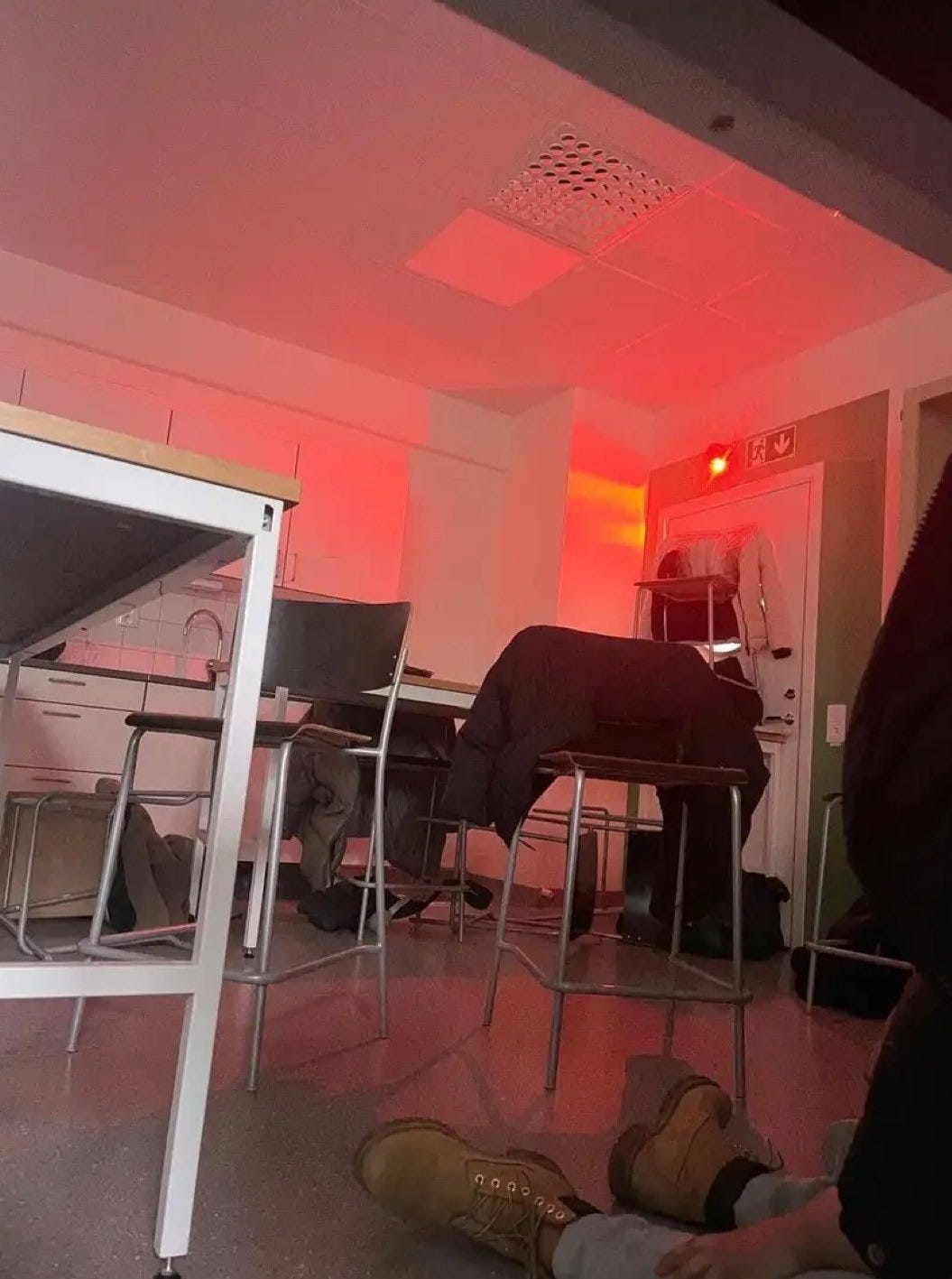
Since starting this project, cataloging these points of crisis in 2025, I’ve felt a numbness take hold, a phantom limb sprouting from the chest, heavy yet without function. I feel tendrils pressing against a soft roof, struggling to break through into the sunlight beyond, and yet the roof, however soft it may be — however willingly it yields to pressure — refuses to break.
Perhaps the cruelest secret of all is that there is no roof and no sunlight beyond. The membrane feels soft because it isn’t there.
I sense that our collective and individual perspectives are fusing with the lens into one cohesive POV where we are no longer seated in a virtual auditorium, looking out/looking in, but enmeshed in a total human blur. Bearing witness to tragic spectacles of violence doesn’t reveal a cycle, it pulls us into its orbit. Those of us rinsing our eyes in a steady doom scroll have already passed this threshold, we’ve either already heard what it has to tell us or passed the point where we ever could.
And yet hope remains. Hope for what? For there to ultimately be a message, a reason we’ve poured so much attention upon this foul altar? Is this a ritual we’re partaking in, and does the answer to that question rely on forces outside ourselves? Does someone or something need to reciprocate, or can it be a ritual simply because we need it to be?
I’m not watching; I’m anticipating, internalizing imminent decline, living within the rotoscoped logic of tragedy, where each headline confirms an inescapable pattern. Can society in psychosis gain enough momentum to thrive, to throw off whatever is weighting it down? If so, how will that play out? Online, I see people spiraling — into obsession, exhibitionist activism, zombie forms of old-school magical thinking, or identification with the chaos itself. There is no separation. We are the void and the void seeks redemption from itself while also mocking that search.
In the past, there was once a perverse unity in disaster, a sense that we were falling in unison, a shared trajectory, as if no one would be left behind when the world came undone. Today, that solidarity is gone.
Part of what’s so fascinating and destabilizing about this moment is that a suspicion of overwhelming governmental darkness, of secrets and malice and inhuman evil on an unfathomable, population-erasing scale, is omnipresent, yet it almost feels incidental whether it skews backward in time, toward whatever the “truth” about Obama-Biden world really is/was, a truth supposedly about to be revealed by Trump & Co., or whether this inhuman evil actually emanates from Trump & Co. themselves, oozing forward in time, such that soon we’ll long for the bygone days of “normal politics,” however hollow they seemed.
Are we about to uncover how evil America used to be, or how evil it has become? The strangest part is that these opposing perspectives feel almost interchangeable, as if everyone is actually saying the same thing while only appearing to say the opposite. As if the idea that a seismic shift has just occurred is a childish fantasy.
Like a Civil War where everyone dies despite all being on the same side.
Feb. 4: Multiple people killed in ‘worst mass shooting in Swedish history,’ authorities say
“He felt lighter inside, nothing left to hide. […] was still there, of course, and always would be, but the horror was now outside him. Ugly and pitiful and public. No less evil, he thought, but at least the demands of secrecy were gone. Which was another of nature’s sly tricks. Once you’re found out, you don’t tremble at being found out. The trapdoor drops open. All you can do is fall gracefully and far and deep.” (Tim O’Brien, In the Lake of the Woods).
This month, I happened to revisit Knausgaard’s My Struggle, which I dismissed 10 years ago, when it seemed too huge, too noisy, too self involved. Now, in a new phase of life, closer to middle age or already there, everything about it clicks and it feels perfect, a great feat of awareness and willpower and self-analysis and a prescient account of the growing despair of the early 21st century, the undertow coming to wash away the remaining pieties of the Enlightenment in the so-called West.
In Vol. 2, Knausgaard, a “reactionary Norwegian” living in ultra-progressive Sweden in the early 2000s, notes that Swedish bourgeois society is so absurdly conformist that you don’t even notice its conformism at first—opposing opinions simply don’t exist. For a while you don’t see how overwhelmingly repressed everyone is, how desperate to be seen as nice and tolerant and non-problematic… until, it seems, you do.
Feb 6: Netanyahu Gifts Trump Golden Pager, Celebrating Deadly Attack on Hezbollah
“Today, everything exists to end in a photograph,” Susan Sontag.


Feb. 9: Kanye West tricked ad agency with Super Bowl commercial selling swastika T-shirt: report

Feb. 12: AI-created clip featuring Jewish celebs takes swing at Kanye West




A video surfaces: Scarlett Johansson, Adam Sandler, and other Jewish A-list celebrities appear defiant, wearing matching white T-shirts featuring a hand flipping off Kanye and a Star of David in the center. A Muzak version of “Hava Nagila” plays throughout.
It’s painful to watch, reminding me of celebrities singing from their mansions during the onset of the pandemic, mixed with a Gap ad, but somehow more pitiful. I remember thinking, There’s no way these talented people could be roped into this? Then comes the reveal—it’s AI-created by Israeli “content creators.” Knowing there’s a human mind behind its creation, but no human body in the video, makes it pathetic in a new/heightened way.
This video signifies a shift in what can be automated and programmed—the inevitable outcome of the erosion of authentic collective engagement, the voiding of one contract and the secret, coerced signing of a new one. Public outrage, once tied to human reaction and grassroots movements, can now be simulated and deployed at scale. And even the “outrage,” if it exists at all, is automatic, coming from no one in particular and aimed at no one special.
What happens when AI-generated activism replaces real engagement? When digital ghosts of celebrities become spokespeople for causes they never touched, consumed by people who live disconnected from any underlying reality? In this space, outrage can be automated, and the burden of action rendered obsolete. Why march or strike or vote when bots can do it for you, or pretend that other bots already have?
If AI became open-sourced last year, imagine what’s next? Not just discourse but entire belief systems — automated and out of our hands.
Speaking of Hitler discourse, this article touches on something that feels very real in 2025. It argues that the American Empire, which never deigned to call itself that, came to full power in 1945 after defeating Hitler, and dedicated itself forever after to “never again,” to defeating “Zombie Hitler” wherever he might appear.
Though an undeniably righteous cause in and of itself, this obsession with fighting Zombie Hitler anywhere and everywhere led to a culture of fear and negation, an Empire whose power rested not on pride or any positive vision of the future, nor an Open Society based on real openness to the full spectrum of the human spirit, but on fear and reprimand, an obsession with narrowly-defined pseudo version of openness, tolerance, and diversity, which led to a culture without an identity, with no sense of what it really was or, on a deeper level, even if it really was.
Openness as an organizing principle — on the assumption that Closedness always leads to Zombie Hitler — led to the corporatization of the world, the destruction of community and of uniqueness and strangeness, and the reduction of the individual to bits of data used to no end other than that of advertising and mind control.
Thus, in 2025, America and much of the world is running a dangerous but seemingly necessary experiment: what does it mean to return to a more Closed version of the world, with tighter borders, stronger national identities, more local spheres of influence, and a more absolute, non-negotiable view of reality? Can such a thing be done without resurrecting Zombie Hitler?
Only time will tell, but the 80 years or so since Hitler’s first death, while certainly more peaceful (in the West) than the 80 years that preceded them, disaffected too great a share of their own populations to go on. They created a culture with no transcendent ideals other than wealth, fame and an increasingly muddled and alienating sense of “progress.”
The irony of Trump as the figure whose destiny appears to be to end this era and christen the new one is that he the figure par excellence of that 80-year-period, which corresponds almost exactly to his lifetime: a figure made so desperate and grotesque in his pursuit of wealth and fame above any other ideal that, in a weird way, his cravings radiates outward and inspire millions in their dreams of overthrowing this system and moving into a future shot through with some kind of actual, non-fungible meaning and purpose.
Whether any of us will get there, with or without Zombie Hitler, is a very open question, but to quote a vanquished figure from the recent past, “We’re not going back.”
Feb. 7: Around 100 Women Found Enslaved on Egg Farm in Georgia
Three women were trafficked from Thailand to a farm in Georgia, Eastern Europe, where they were given hormones and forced to have eggs extracted, as authorities investigate the horrifying claims.
Feb. 9: Taylor Swift’s Bodyguard Accompanied Her To A Public Restroom At The Super Bowl, And People Feel Sad That This Is How She Has To Live Her Life
“It is possible that the contemplation of cruelty will not make us humane but cruel; that the reiteration of the badness of our spiritual condition will make us consent to it.” - Lionel Trilling
Feb 11: Rare Black Seadevil Anglerfish Captured Swimming Near Ocean Surface for First Time
Feb. 12: Chilling video shows knife-wielding attacker lunge at priest during Sunday service
“Listen to me when your time comes, I want you to remember my face so you can understand that you will die the most disgusting death.”
Wanting to ask a question, the influencer begins to say: “Let’s say an Israeli, God forbid …”
“I won’t treat them, I’ll kill them,” she interrupted. “Not God forbid, I hope to God.”
“You have no idea how many Israeli … dog came to this hospital and … ,” Mr Nadir added, gesturing a knife through his neck.
“I literally sent them to Jahannam.”
Jahannam is the Arabic word for “hell”.
Feb 13: Gas explosion at Taiwan food court kills 4 and injures 26
Media has always been curated and biased, but it once followed a structured delivery. In 2025, the experience of being informed floods us with raw fragments: eyewitness clips, viral speculation, and subjective narratives colliding in real time. It’s up to us to piece them together, often shaping a story that reinforces our own vision of the world.
Instead of a single, coherent story, we get a mosaic, where narratives aren’t passively received but actively assembled. The high speed intake creates an expressionistic environment where distinctions are up to interpretation.
This breakdown makes real-world events feel both hyperreal and therefore unreliable. Disasters, mass killings, and crises are no longer just reported—they’re co-created in tandem with creators and their audience, perpetually reinterpreted over time, creating yet again; another endless present.
Feb 13: Car Hits Crowd in Germany, Injuring at Least 28 in Suspected Attack
Feb 20: World's First Musculoskeletal Robot ‘Comes to Life’ in Viral Video; Maker Says ‘You Can Stab It and it’ll Bleed'
Feb 20: Elon Musk Wields ‘Chainsaw for Bureaucracy’ Gifted by Argentina’s President at CPAC 2025
Feb 21: Luigi Mangione Stuns with Bare-Ankle Loafer Look—Sparks 1,400% Google Search Surge as the New Summer Footwear Trend
I used to think about Hawk Tuah, aka Hailey Welch, all the time. She was plucked from obscurity by a man-on-the-street interview in Tennessee and surged into the algorithm with a force that outpaced footage of hospital patients burning alive in Gaza. For a few months, nothing could compete with Hailey. In the aftermath of the techno-optimist age, we yearned for a new kind of figurehead—someone unpolished, unfiltered, mythic in their absurdity. And then, as if on cue, Hailey arrived, armed with a mantra.
“Hawk tuah and spit on that thang.”
It became an oracle of New Romantic yearning, saturating every platform with an illusory presence that bordered on the messianic. She was swept up in a system neither she nor we fully understood. If the old Romantics worshiped the sublime, Hailey offered a new kind of enchantment—raw, viral, frictionless.
But her moment of transcendence collapsed, crushed under the weight of overexposure, bad investments, and the inevitable backlash cycle that turns every internet celeb and child star into a cautionary tale. And yet, from her pool of bubbling spit on our collective thang, something new stirs—a figure even more irresistible.
Enter: Luigi Mangione.
More charismatic. More attractive. More unfiltered. A vessel designed to satisfy the internet’s appetite for someone who does something real, something concrete and transgressive—a folk hero with an even better motto:
Deny. Depose. Defend.
Maybe the mass shooting of CEOs hasn’t happened yet, but does spontaneous revolution ever occur without funding? And when it does, will it be crowdsourced or venture-backed?
Where Hailey was a fleeting joke turned brand, Luigi is something more dangerous—an assassin molded by the algorithm, the culture’s last gasp before total collapse. His virality isn’t an accident; it feels inevitable, as if the system, having chewed through irony and nostalgia, has finally spit out its purest form of engagement:
A man who is both self-aware and completely unbothered, a natural born killer.
And so the cycle continues. Where Hawk Tuah was a minor inflection point, Luigi Mangione is the logical endpoint of deification, where every downfall births a new, even more exaggerated messiah.
Right now, he’s in jail, barred from speaking to the media. His legal defense team has already posted their FAQs on a dedicated website. And still, we persist in making him into a star. Department stores are selling out his courtroom fits. Imagine what happens when he finally does speak.
Hollywood will be all over it—I’m sure they already are.
• The book deal.
• The broadway musical.
• The Banksy t-shirts.
• The girl who marries him in prison.
• The jailhouse wedding photos, taken against a painted backdrop of a bucolic landscape.
• Years later, the child born from conjugal visits.
• The biopic.
• The bidding wars.
And then?
The copycat murders. The one-uppers. The female version.
Who will be the next folk hero? Will the machine need someone less algorithmically perfect, someone who can’t become passé? Will they be ugly? I sure hope not.
And so, we whisper the words that captured our devotion, our hunger, our desire for release:
Deny. Depose. Defend: spit on that thang.
"I am overwhelmed by and grateful for everyone who has written me to share their stories and express their support. Powerfully, this support has transcended political, racial, and even class divisions, as mail has flooded MDC from across the country, and around the globe. While it is impossible for me to reply to most letters, please know that I read every one that I receive. Thank you again to everyone who took the time to write. I look forward to hearing more in the future.
Feb 21: Hamas’s Parade of Hostage Coffins
'The smallest coffins are the heaviest'
Feb 25: ‘Trump Gaza’ Video Shows War-Torn City Transformed into Gold-Plated Empire.
Amidst all this churn, talk of a New Romanticism nevertheless surfaces. The human spirit at once rebels against and swoons beneath the strain of everything it’s immersed in. The giddiness of it all, the feeling of being on a new cusp, at the End of something and the beginning of something else, something darkly glamorous or at the very least terrible in a new way — perhaps unimaginably terrible — stirs the soul. It gives oxygen to inner faculties that have been starved throughout the long death throes of the Old Order. Whatever comes next, it’s impossible not to feel its queasy, twitchy, perverse energy, the energy of something that, for the first time this century, isn’t watered down by the attempt to hide its true nature.
On a personal artistic and spiritual level, it’s felt very much lately like all the external signifiers of status and coolness and acceptance that I pursued as a younger writer—dreams of the New Yorker and Knopf and A24 and HBO and the Whitney and the MoMA, whatever defined the supposed room that I felt excluded from and craved admittance to, whatever it meant to be “made” in this particular mafia—have simply vanished, or turned to empty shells, a hierarchy as far removed from the present as that of the Egyptian Pharaohs or the cool kids in middle school.
None of these venues holds any significance for me anymore. It feels like the entire pecking order within which my external aspirations were forged has collapsed, leaving a void that is full of both the horror of nothingness—the feeling that there’s nothing to strive for, no possibility of “making it,” no one who can lend a hand—and also a wild openness, a feeling that there’s no one to please anymore, no velvet rope, no “other place” where the real things are happening. There’s only you and the universe and whatever happens in the space between.
Perhaps this is simply the dubious wisdom that comes with age, the feeling that, if you keep going along an artistic path long enough, you eventually realize you’re walking it alone and always have been, but it feels connected to this era in a special way, a part of the larger story of the collapse of the old idols, the old means of curation and dissemination, the old definitions of fame… all these blow away like dry husks, leaving us in a lurch where we might dry up and blow away too, or else, charged with strange new life, rise like the first lifeforms leaving the sea, to step bravely and ignorantly onto an unmapped continent.
Feb 28: Movie Theater Ceiling Collapses During Captain America Screening
"Th-th-that's all, folks!
Feb 28: Trump and Vance Clash with Zelensky in Heated Oval Office Confrontation.
“You don't have the cards right now. With us, you start having cards ... You're gambling with the lives of millions of people! You're gambling with World War III!"
Once upon a time, memes were a form of collective expression. By 2025, they’ve become e-relics, remnants of an exhausted culture where even humor is secondhand. This has to be the last gasp of something, the dying undercurrent of an era that convinced us snark, individualism, nostalgia, and sarcasm were permanent fixtures of Gen X and Millennial sensibilities, attitudes that don’t need to be recycled but somehow always are.
Which raises the question: if we can’t create anything new, where do we find the energy to laugh at things that aren’t even funny? If the cycle has devoured itself to the point where the punchline is just an empty gesture, that slides through our split-screen consciousness—one eye locked on the spectacle, the other browsing for something to buy (while every move is harvested for behavioral data).
What if 2025 is less of a year and more of a place of arrival, a node in the dead center of the terminal stage of an exhausted narrative? The algorithm is the scaffolding guiding us through the same corridors, never unlocking a new door. In the best case scenario maybe it’ll be fed back to us in a found footage horror flick released by Blum House.












